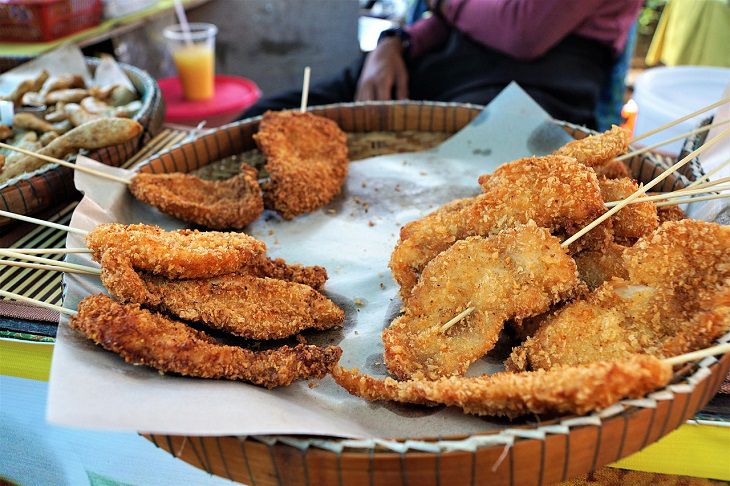Stop wasting food: Cooking tips
To make your cooking more budget-friendly and eco-friendly as well, you can try cooking without leaving food waste.
It might seem a bit too hard in the beginning, but you should just be a bit more creative to make it work.
Here are a few tips that can help you stop wasting your food.
Plan Your Meals
Before you start cooking, think about what you want to eat for the week.
Make a list of the ingredients you need and stick to it when you go shopping.

This way, you only buy what you'll use, reducing the chance of food going bad.
Use Everything You Have
Look in your fridge and pantry before you go shopping. Try to use up the ingredients you already have.
Be creative and find recipes that incorporate what you already own.
Understand Expiry Dates
Learn about the difference between "best by" and "use by" dates on food packages.
"Best by" is about quality, while "use by" is about safety.
Don't throw away food just because it reached the "best by" date; it might still be good to eat.
Store Food Properly
Keep fruits and vegetables in the fridge and store them in the right drawers.
Keep raw meat separate from other foods to avoid contamination. Use airtight containers to keep leftovers fresh.
Get Creative with Leftovers
Instead of throwing away leftovers, get creative with new meals.
For example, use yesterday's cooked vegetables in a stir-fry or turn leftover rice into a fried rice dish.
Use the Whole Ingredient
When possible, use the entire ingredient.
For example, if you buy carrots with greens attached, find a recipe that uses both the carrot and the greens.
This way, you're using every part of what you bought.
Preserve Excess
If you have too much of a particular ingredient, consider preserving it.
You can freeze fruits and vegetables before they go bad, or make jams and sauces with excess fruits.
Compost Scraps
Instead of throwing vegetable scraps and peels in the trash, consider starting a compost bin.
This way, you can turn your kitchen waste into nutrient-rich soil for your plants.

